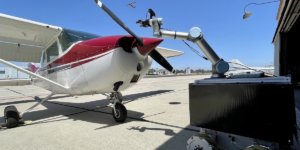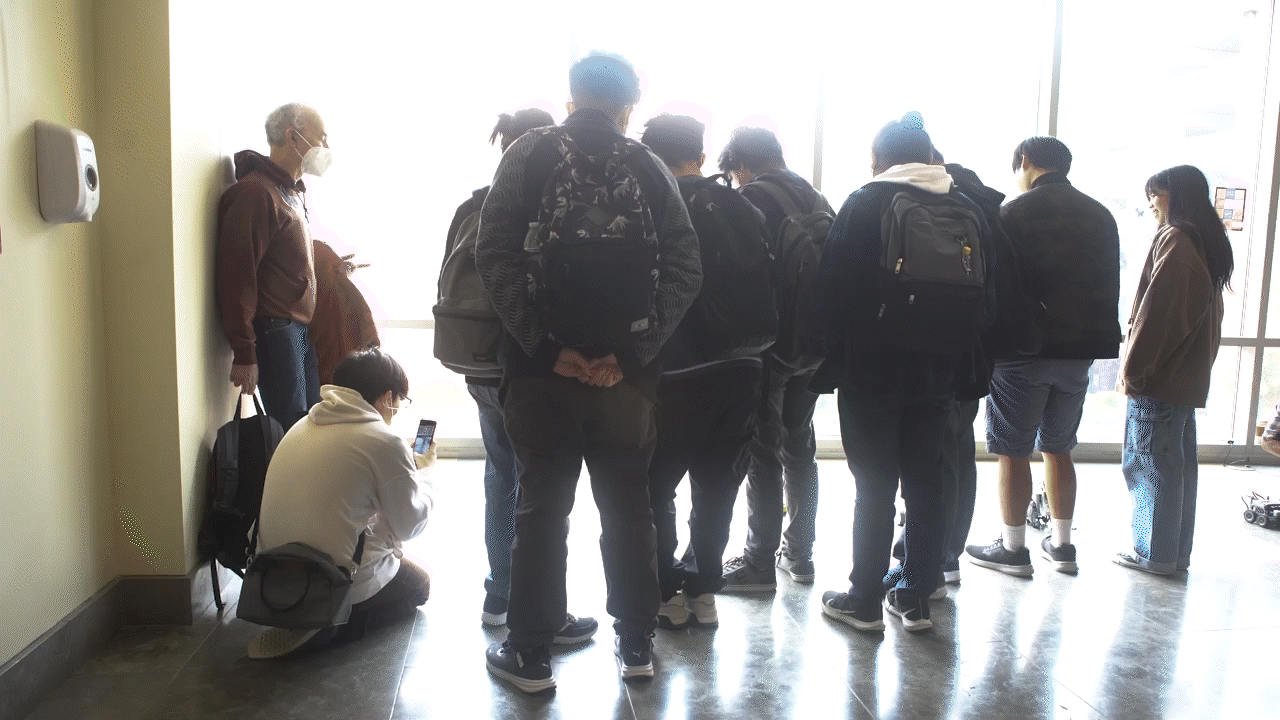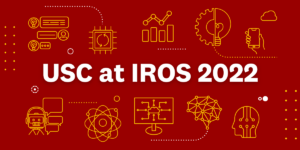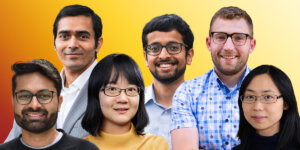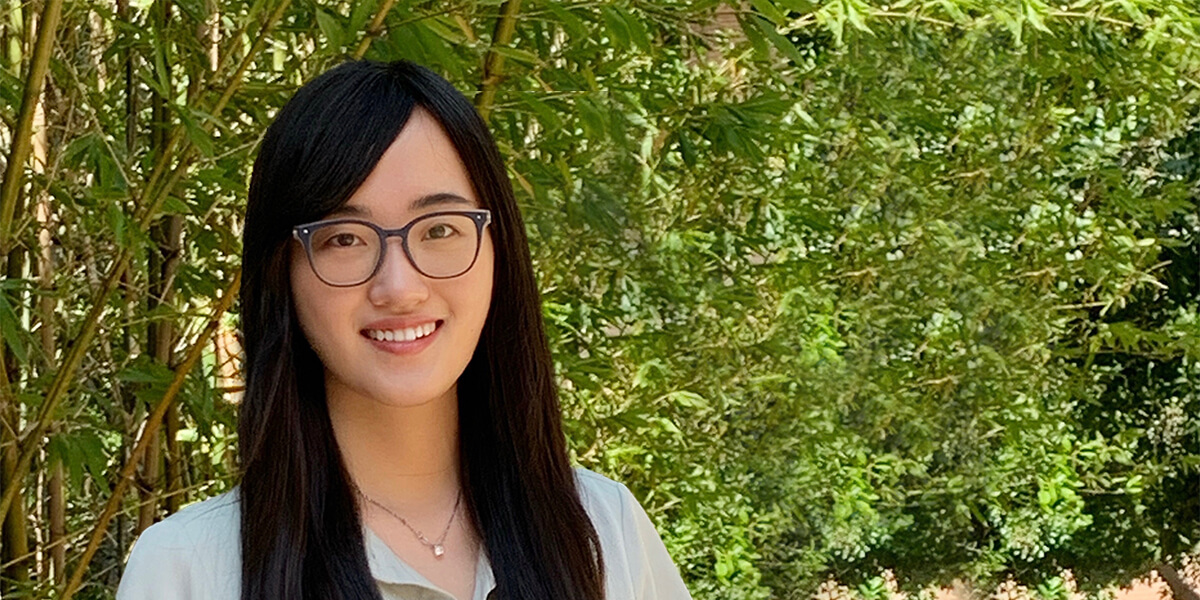
Jiaoyang Li (Photo/Courtesy of Jiaoyang Li)
Growing up in northwest China, Jiaoyang Li developed a fascination with the robots she saw in films and television. However, it wasn’t until college that she greatly expanded her knowledge about them and the algorithms that guide them.
Li has become a foremost expert on AI and multi-robot coordination since then.
Now, the recent USC Viterbi Ph.D. graduate in computer science will head east to begin an assistant professorship in the fall at Carnegie Mellon University’s Robotics Institute.
“I am very, very excited,” she said. “I really enjoy working with young students, both the teaching side and the mentoring side where you can do research directly with them.”
Li earned her bachelor’s degree in automation from Tsinghua University in Beijing in 2017, an experience that only deepened her interest in robotics.
“Because I was in the automation major, we had some courses to teach you how to design circuits, how you design sensors, and how you put them together,” she said. “We had those kinds of classes both in theory and with experiments.”
While at Tsinghua, Li belonged to the transportation intelligence research group, whose work focused on coordinating multiple transportation vehicles, such as buses, to take the best, most efficient path. This research, like the inquiries she conducted at USC Viterbi, is known as multi-agent pathfinding.
Education in robotics and computer science has changed Li’s life. So, it makes sense that her next adventure will involve her teaching and mentoring students.
“We need to prepare people for this emerging, new technology and new needs,” said Li, who will teach the next generation about AI and robotics at CMU’s Robotics Institute. “I think education is very important to facing these kinds of challenges.”
Li got her start at USC Viterbi when she was invited to participate in a summer internship through an exchange program in 2016. She completed a research project on warehouse robots with Professor Sven Koenig who later become her doctoral adviser.
“I really liked it here and the research topic in the lab, so afterward I just applied here,” she said.
Koenig said Li made many important contributions to his research projects.
“I first met Jiaoyang when she spent the summer of 2016 in my research group as a visiting undergraduate student. Her background was in engineering rather than computer science, yet she immediately became productive on our ongoing project on multi-agent coordination,” he said. “After joining USC as a Ph.D. student, she quickly got involved in many research projects, with deep technical ideas that all resulted in top publications.”
Li has a special focus on artificial intelligence, specifically working on multi-robot systems where different robots can perform different tasks at the same time. Her research can be best applied to warehouse environments, where there is an increased need for industrial automation, she said. One of her recent projects involved working on robotic arms to do an assembly task and for different robotic arms to collaborate.
Li’s dissertation focused on multi-agent pathfinding, the task of finding collision-free paths for hundreds or even thousands of robots. More generally, she develops algorithms that guarantee robots collaborate in the most efficient and effective manner.
“Highly coordinated robots in [a] warehouse can deliver packages or move inventory products,” she said. “My research is on how to coordinate these robots as fast as possible, and in the meantime, ensure that they will not collide with each other.”
Li’s primary research focus is on algorithms that will allow multiple robots to work together on achieving a given objective by completing corresponding tasks. Her algorithms are tested on simulations of robots, and then researchers who have access to physical robots later repeat the tests.
While many people fear the increasing automation of robots, Li, who considers her robots to be both “friends and research tools,” has a different outlook. “Robots have many advantages,” she said. “They can be applied to certain areas that are dangerous for people. Robots can do search and rescue and save a lot of lives. NASA also sends robots to Mars and all those places where they want to explore.”
Li said she enjoyed student life at USC Viterbi, citing how she was able to collaborate with other people, which, coincidentally, is a key part of her research.
“All of this is very important to how I got this new position,” she said.
Published on June 21st, 2022
Last updated on June 21st, 2022





